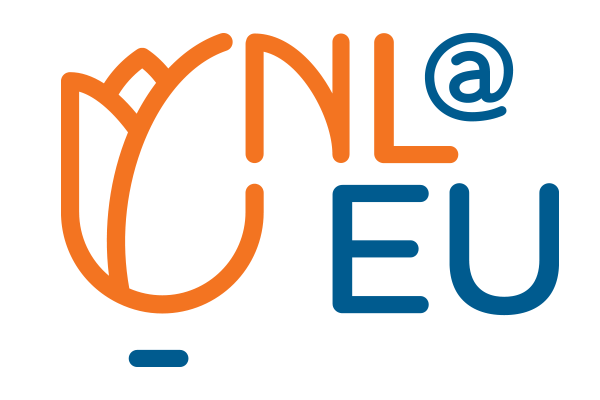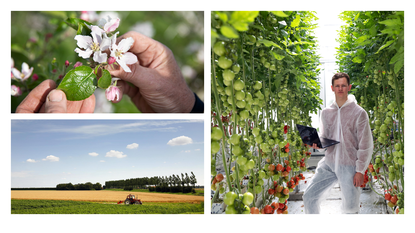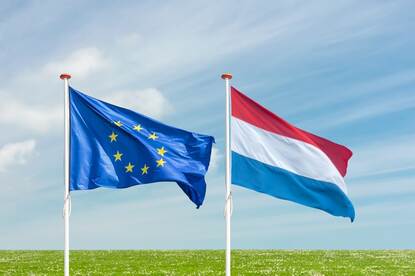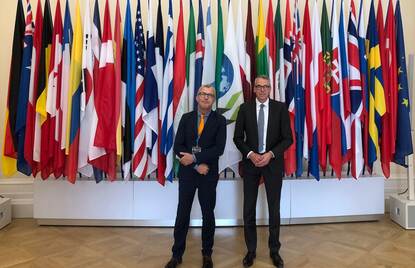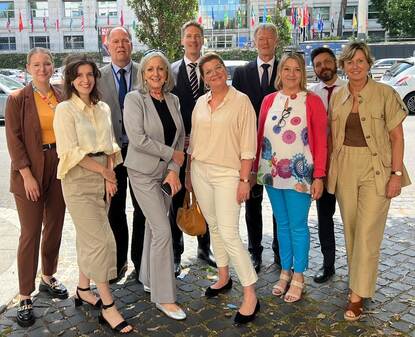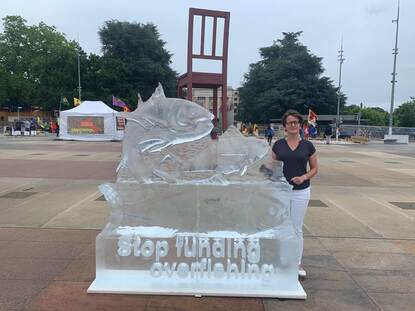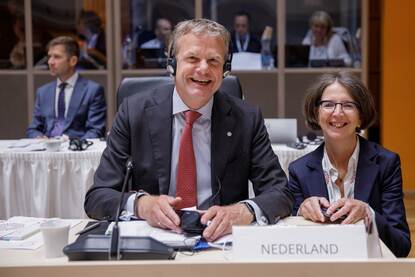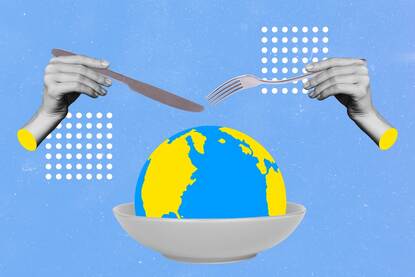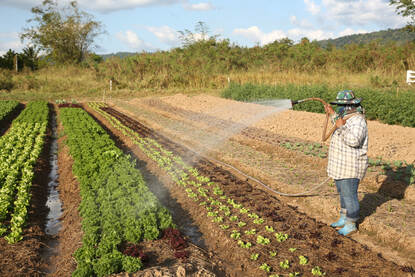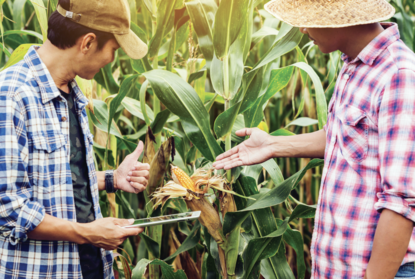Foto Source: Shutterstock
With the European elections coming up in June 2024, the Permanent Representation (PermRep) of the Netherlands to the European Union (EU) has a busy schedule ahead. Important issues will be: defending the Dutch position on new genomic techniques and negotiating measures in favour of Dutch farmers. Impacting the future direction of EU policies is high on the PermRep’s agenda.
In early 2024, the Permanent Representation of the Netherlands to the European Union expected the first half of this year to pass rather quietly. After all, from June 6 to 9, the elections for the European Parliament (EP) will take place in all EU Member States. This means that the Council of the European Union (Council) and the EP will do its utmost to finalize ongoing negotiations on the outstanding legislative proposals in the first few months of 2024. The European Commission (Commission) will not publish new major legislative proposals. And, as of the beginning of March, the Council, the EP and the Commission (the so-called trilogues) will not start new trilateral negotiations.
Busy months before the elections
However, the past few months have turned out to be all but quiet. And the next couple of months leading up to the elections will certainly not be any different. On certain files, the Council seems to have difficulty to reach a general approach. Political agreement between the three EU institutions seems to be difficult as well, for example on the legislative proposals for new genomic techniques or soil monitoring. In the meantime, the recent farmers’ protests have given rise to a new dynamic in the decision-making process. And with an eye to the outcome of the elections, now is the time for the PermRep to influence the mandate of the next Commission, in other words, there is enough work to be done.
‘The broad policy lines for the European Commission’s next mandate are being set out now’
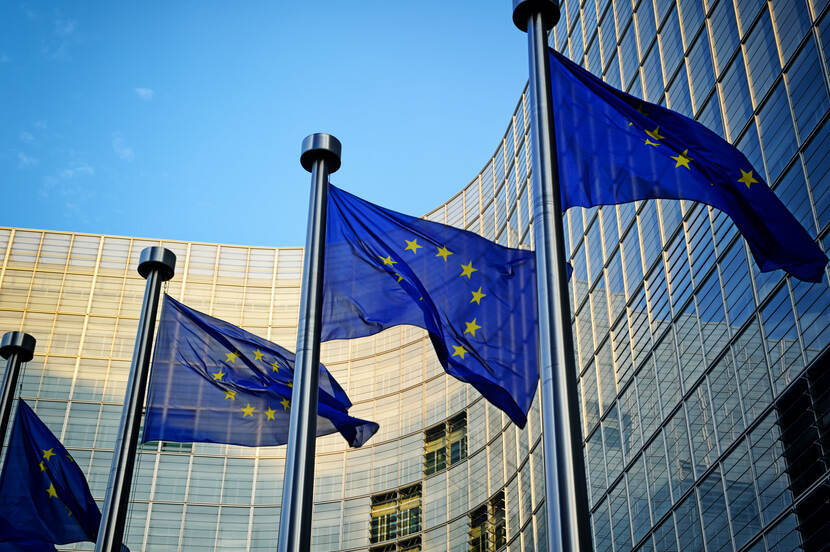
New genomic techniques on the PermRep’s agenda
How will the PermRep deal with these matters in the coming months? The role of the PermRep is threefold: to promote and negotiate the Dutch position; to gather, interpret and convey information and to advise the Ministry based on the information. How does this work out in practice? For the Netherlands, adoption of the proposal on new genomic techniques (NGT’s) by other countries is key to the green transition of the agricultural sector. NGT’s have the potential to speed up the process of plant breeding, which is necessary to, for example, make plants more resilient to droughts and heat or resistant to pests and diseases. Resilient crops contribute to food security, an issue that is high on the agenda since Russia’s war of aggression against Ukraine.
However, not every EU Member State is happy with these new techniques. Therefore, it is not certain whether a qualified majority in the Council is in favour of the proposal on NGT’s. Since the stakes are high, the PermRep will formally defend the position of the Netherlands in the technical discussions in the Council’s Working Parties or at a semi-political level in the Committee of the Permanent Representatives of the Governments of the Member States to the EU (Coreper). It will also informally try to influence a positive outcome by convincing the Presidency of the Council, individual Member States and the Commission to support the Dutch position and/or by actively considering possible compromises (to promote and negotiate the Dutch position).
All this happens in close cooperation with the Ministry of Agriculture, Nature and Food Quality and other ministries in the Netherlands, and within the framework instruction of the so-called BNC-fiche (Assessment New Commission Proposals). The PermRep may advise the Ministry of Agriculture, Nature and Food Quality to adjust its position or change tactics based on the information gathered on, for example, the positions of other Member States or the balance of positions.

Negotiating measures in favour of Dutch farmers
In the early hours of February 1, more than 1,100 farmers, gathered with their tractors in the streets of Brussels to protest against various aspects of policy that affect the agricultural sector. Farmers in the Member States have different reasons for protesting, but the 'lasagne' of EU regulations that farmers face and the associated administrative and financial burdens are the common thread for all farmers.
Since the European elections will be held soon, the Commission hasn’t ignored the protests and has called upon the Member States and stakeholders to come up with proposals to lessen the administrative and legal burden for farmers and administrations. Based on these proposals, the Commission has tabled a proposal for short term measures. This means that the PermRep will negotiate with the Commission about certain specific proposals that the Netherlands would like to implement, such as allowing the use of RENURE (REcovered Nitrogen from manURE) as an equivalent alternative to chemical fertilizers.
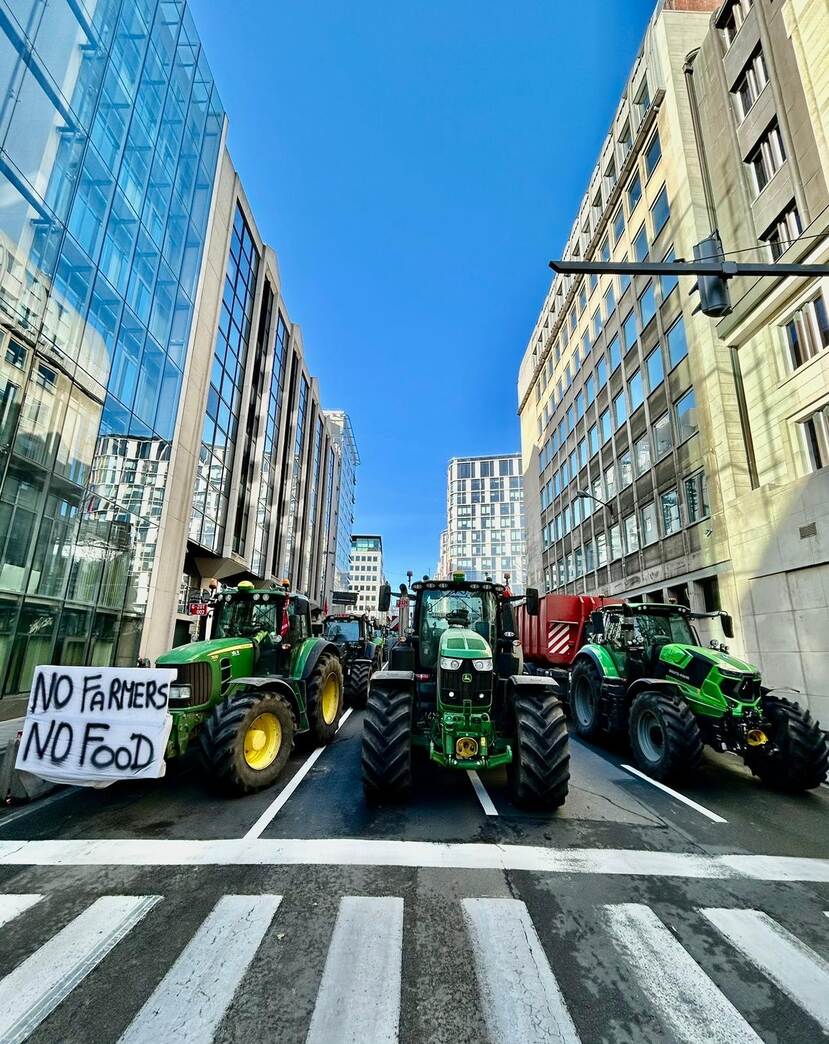
Impacting EU policy decision making
Leaving a mark on policy decision making processes requires a well thought-out strategy that is simultaneously lean and mean. The most effective way to impact policy is by trying to convince the people in charge of writing proposals of your positions before they put a word on paper. Once a proposal of the Commission is published, you have to negotiate with the Commission, the EP and 27 other Member States.
For that reason, the months leading up to the European elections, and the appointment of a new Commission are crucial for influencing the future direction of EU policies. Commission services are now busy preparing the so-called ‘briefing book’ for the new President of the Commission and the Commissioners. It sets out the broad policy lines for the Commission’s next mandate, for example on the direction of the Common Agricultural Policy Post 2027. Member states, including the Netherlands, will engage with these Commission services to draw the Commission’s attention to its priorities, hoping that they will be included in future policy proposals. For the Dutch Ministry of Agriculture, Nature and Food Quality, steering on the achievement of policy goals is a top priority rather than prescribing how farmers should achieve these goals.
Read more
- Permanent Representation to the EU is the backbone of national interest in Brussels
- Working at the PermRep to the EU: engaging in dialogue
Contact
- Address: Permanent Representation of the Netherlands to the European Union, 4-10, Avenue de Cortenbergh, 1040 Brussels, Belgium
- Phone: 0032 02 679 1545
- E-mail: bre-lnv@minbuza.nl
- Website (in Dutch): Permanente Vertegenwoordiging van Nederland bij de EU
- Website (in English): Permanent Representation of the Netherlands to the EU
